About Waku
-
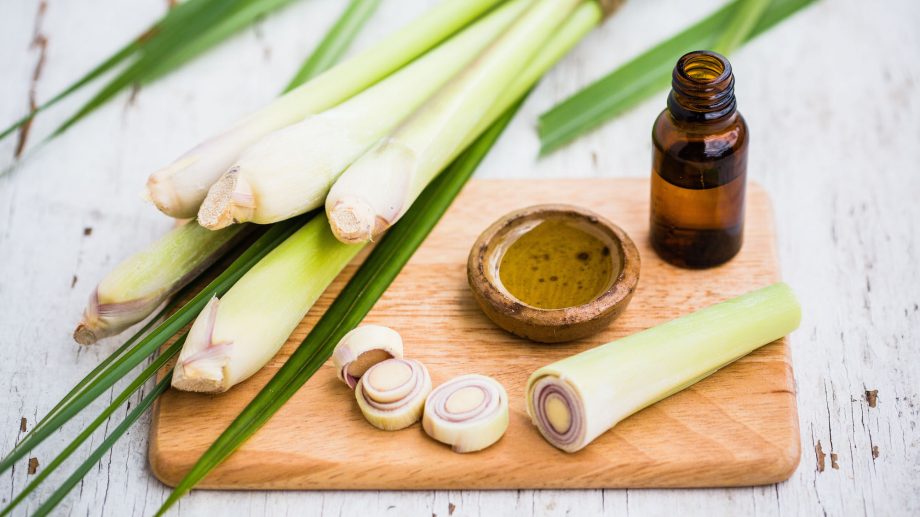
The Quali-tea of Lemongrass
Hi there! Welcome to yet another Quali-tea episode! Today, we present you Lemongrass. This is one of our favorite ingredients in the Waku blend. Lemongrass is an herb with a lemony scent. The culinary herb is produced from the stalk of the lemongrass plant (Cymbopogon citratus), which grows in many tropical climates, most notably in Southeast Asia. This plant imparts a flavor of lemon with hints of ginger and has the same essential oil as lemons. It is often used in herbal teas to give a lemon flavor. Fresh lemongrass can have floral and minty notes as well.
Because we want you know as much as you can about our ingredients, here are some fun facts, benefits and uses of Lemongrass:
-
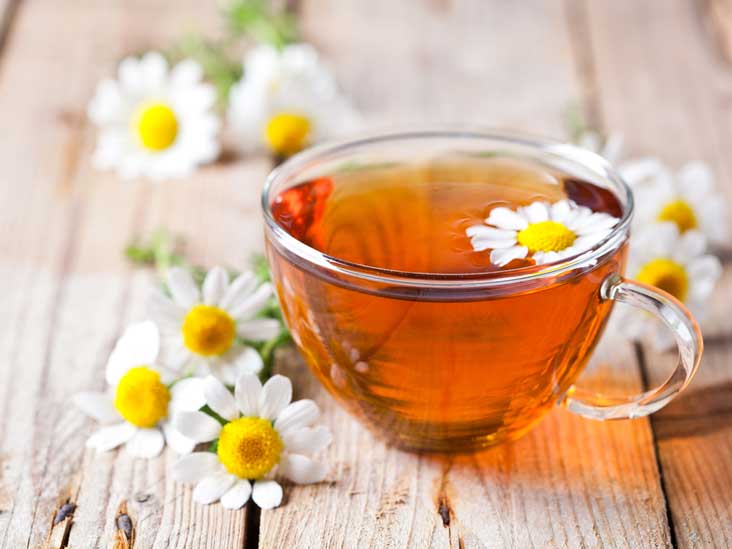
The Quali-tea of Chamomile
Welcome to another Quali-tea blog. On this occasion, we are going to discuss and unravel one of our tea ingredients that has actually been around for ages and has been proven to be a great remedy for a large number of stomach and digestive issues. If you didn't know this already, now is probably a good time to tell you that Waku teas don't have any caffeine, that is because we don't use any tea plant or leaves that contain that component. Instead, we went for more natural and healthier options by creating a delicious and incredibly beneficial herb blend that does wonders for your digestion and overall gut health. And of course, we couldn't do this without chamomile. Here are its fun facts, benefits and uses. Enjoy!
-
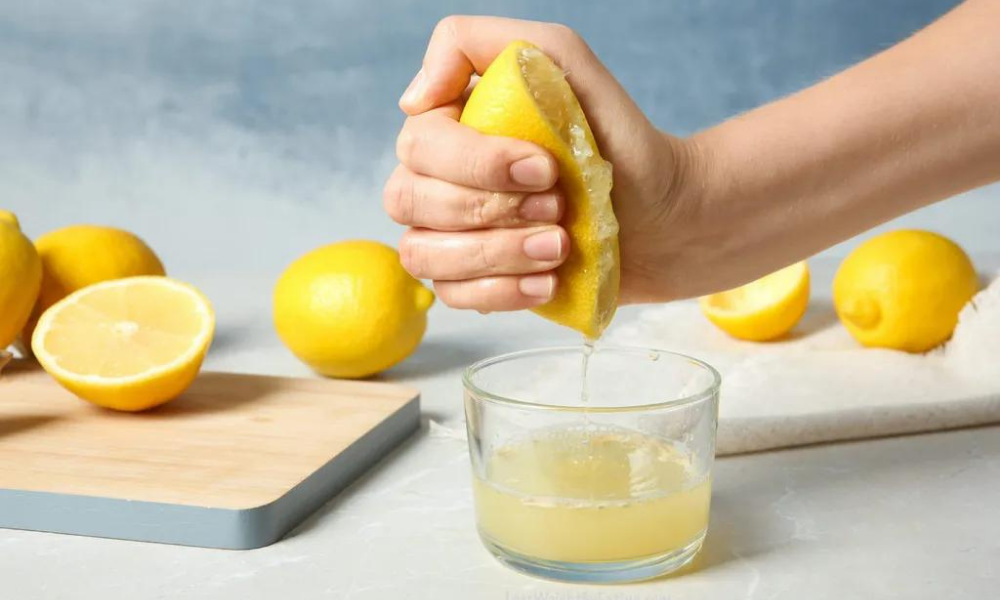
The Quali-tea of Fruit Juice
Have you ever had a glass of natural freshly squeezed fruit juice and felt your whole body refresh and replenish just by that first sip? Here at Waku, we know that nothing compares to the natural flavor of fruit. That is why, we are committed to make our teas using the finest blend of ingredients combined with the deliciousness, freshness and overall greatness of fruit juice. We decided that if we wanted to create a natural and beneficial herbal tea with different fruity flavors, we should do it using the juice of those fruits directly into our mix.
Today, our four main flavors are: Raspberry Rose, Passion fruit, Ginger Lemon and Lemon. And for each of them we use the natural juice of the fruit it contains. In this Quali-tea edition, we will be sharing with you the fun facts, benefits and uses of fruit juice just so that you are certain that not only is this the best tasting option to include fruit, it is also the healthiest (and we think coolest). Take a look!
-
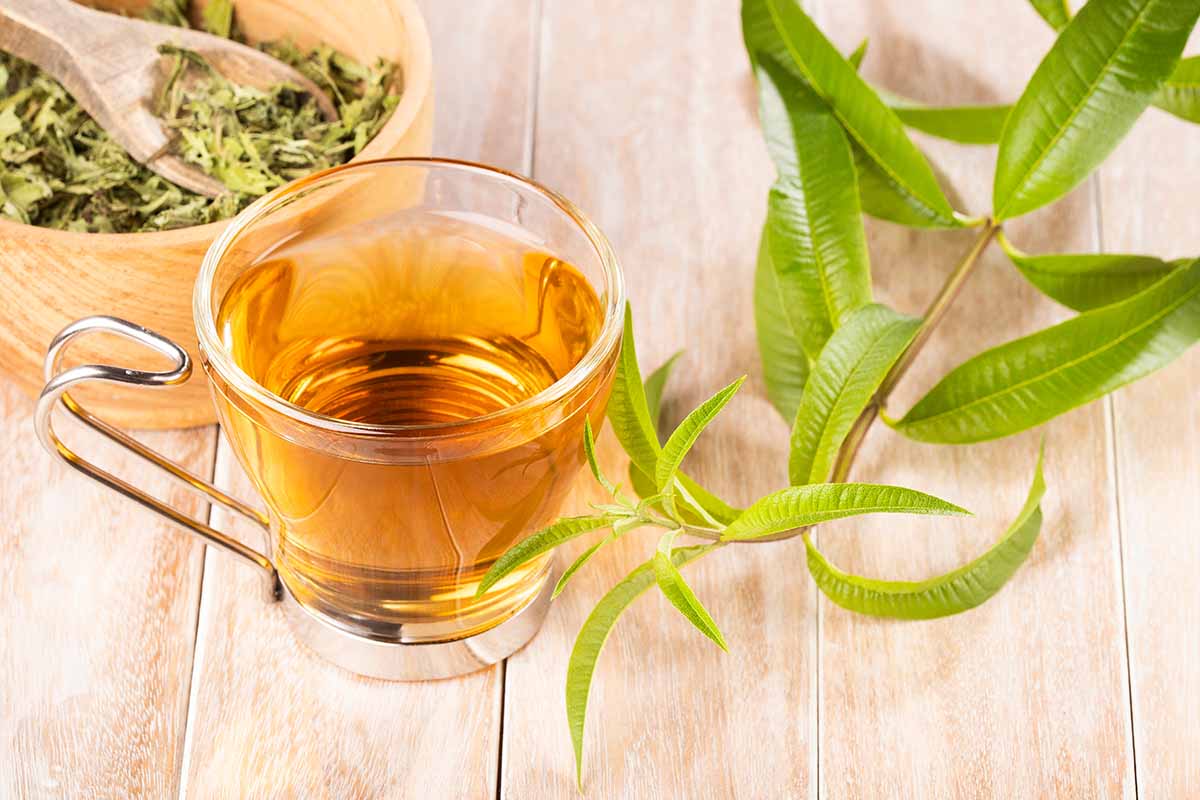
The Quali-tea of Lemon Verbena
Are you ready to learn more about one of our main ingredients? Welcome to the Quali-tea Series! On this occasion, we are going to talk about Lemon Verbena, a flowering plant that grows in South America. Did you know that South America is precisely the continent were Ecuador is located and that we prepare and blend our delicious Waku teas there? Lemon Verbena leaves and flowering tops are used to make medicine and it is used for digestive disorders, muscle damage caused by exercise, multiple sclerosis (MS), insomnia, and other conditions. But hey! Take a look at all this fun facts, uses and benefits of lemon verbena:
-
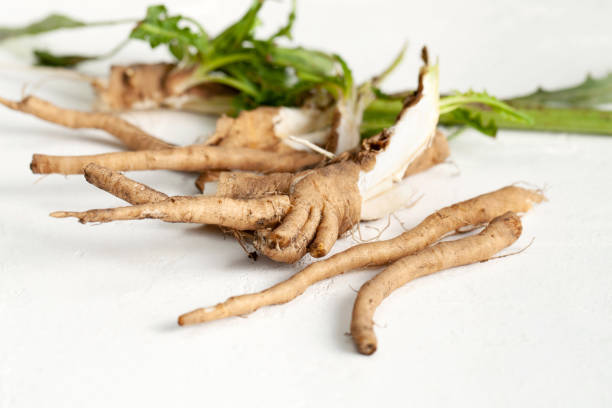
The Quali-tea of Chicory Root
Welcome to the Quali-tea Series! A space in our blog where we talk about one of the ingredients used to prepare our delicious herbal tea with prebiotic powers! On this occasion, we are going to introduce Chicory Root, which is actually one of the most important things in our blend. Why? Because it is from chicory root that we subtract the prebiotics that are used in Waku and that give that additional value no other tea has on the market: 6gr of prebiotic fiber, which is actually 25% of the daily fiber intake we should be consuming!
Take a look at this fun facts, uses and benefits of chicory root: -
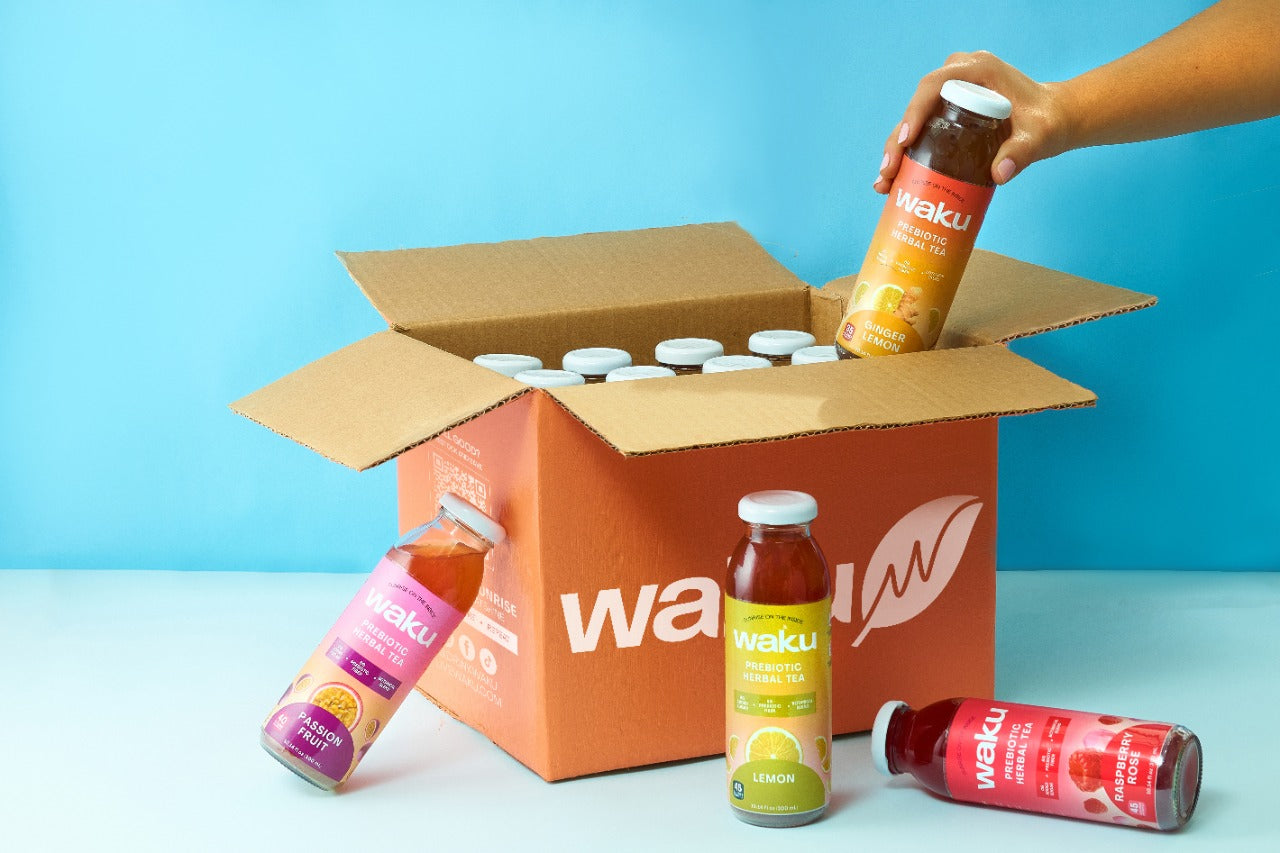
Why does Waku cost what it costs?
If you have been following our journey and have tried our Prebiotic Herbal Teas, you know that a case of Waku (which includes 12 glass bottles of our fruity teas) costs up to $39.99. Of course there are always new discounts, bundle offers, special day promotions and overall benefits to get more cases at a lower price, but essentially a single bottle of Waku could cost approximately $3. And over all of these years and throughout all of those promos, we have heard a question pop up every once in a while and that is “Why is Waku so expensive?”. Today, we will answer that question by breaking down why the cost of Waku is truly just a reflection of its value.





